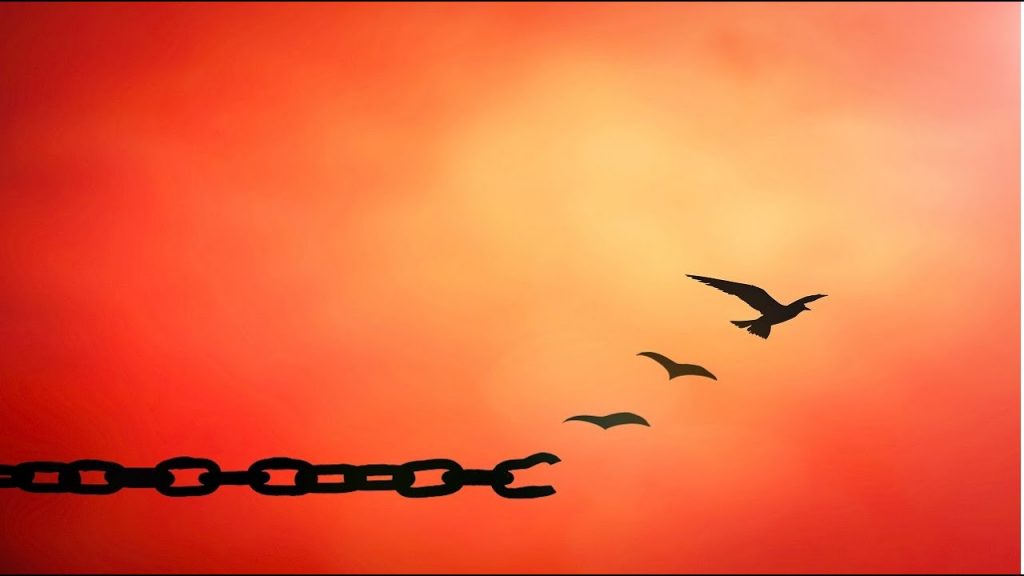Misconceptions leading to misuse
Most of us grew up learning certain ideas backwards. Two such concepts are very important to how we relate to others. It’s hard to say if we understood them improperly or they were taught wrong. It is doubtful that our educators had it right–so our distorted position on relationships, most likely, is a consequence of generational ignorance.
We have this idea that when you do something wrong; you apologize to the person you wronged. Conversely, if you have been wronged, you act big, summon your charitable side and forgive the person who wronged you. It’s somewhat effective, but in limited situations. For instance, what if you were “wronged” by a child, an animal, or mere circumstance? From whom are you going to expect an apology, and who would you forgive?
When forgiveness is needed
I propose a more universal approach I have found to work well for me and from which I hope you can benefit too. For that, you need to shift your perspective a hundred and eighty degrees.
But first, understand what is the purpose of forgiving someone? Does forgiveness serve you, the person forgiven, or both? I dare suggest forgiveness serves you the most.
Forgiveness is about letting go of damaging emotions like anger, regret, resentment, and animosity. But it’s mainly about developing compassion towards others and yourself. Think about it. When you have the baggage of detrimental emotions, who suffers the most?
When you truly forgive a person or a situation, you give up the self-imposed responsibility to worry about resolving it. You bring a sad episode of your life to a closure. Closure is freeing. No longer are you bound by the feelings of anger and resentment that persistently consume you from within. You no longer have to suffer in silence. You can let go. You can be free.
When apologizing is necessary
If forgiveness is mainly about developing kindness towards oneself, apology is all about directing an already developed compassion toward others. Apologizing is not about admitting your faults. No, there are no faults. We are flawless by divine design, having been created in God’s image, if you will.
Apologizing is about taking responsibility for your actions, most significant of which includes practicing rightful speech. Rightful speech is the foundational ingredient in maintaining cordial relationships. Without it, there can be no decorum, and chaos among individuals would invariably ensue.
In fact, you might apologize to ensure the other person doesn’t think it was their shortcoming for something that went wrong. People are prone to blame themselves. We have been conditioned to. I noticed that the most frequent word my then two-year-old daughter uttered emphatically was “No”. It didn’t take long to realize that it was the word I had directed at her the most. Anything a toddler touches is generally a No, and they want to touch everything. Our parents, teachers, even clergy, in most traditions, have us believe that we are no good. People sadly internalize that, perpetually suffering much self-sabotage.
When speech is miscommunicated or misconstrued, you immediately correct its tone. And you apologize. “Oh I am sorry, I meant to say…” You don’t apologize to admit you did something wrong but to take responsibility for lacking in rightful speech. You affirm your sincere effort in communicating your thoughts with no offense or turmoil intended. In doing so, you ensure that the other person does not become a victim of self-sabotage, blaming themselves for a calamitous interaction.
Compassionate individuals create compassionate society
Things go wrong often. There is no room for blame. We are all imperfect and that’s the most perfect thing there is. What might we achieve as individuals and a society when we treat others and self with utmost care and compassion? And make apology and forgiveness the most used tools in our behavioral arsenal to forge together through this often unrelenting existence.
